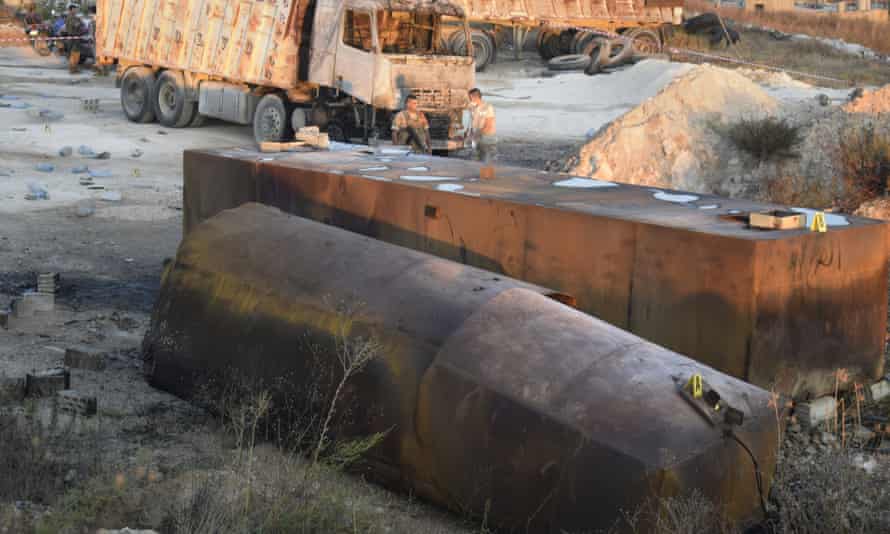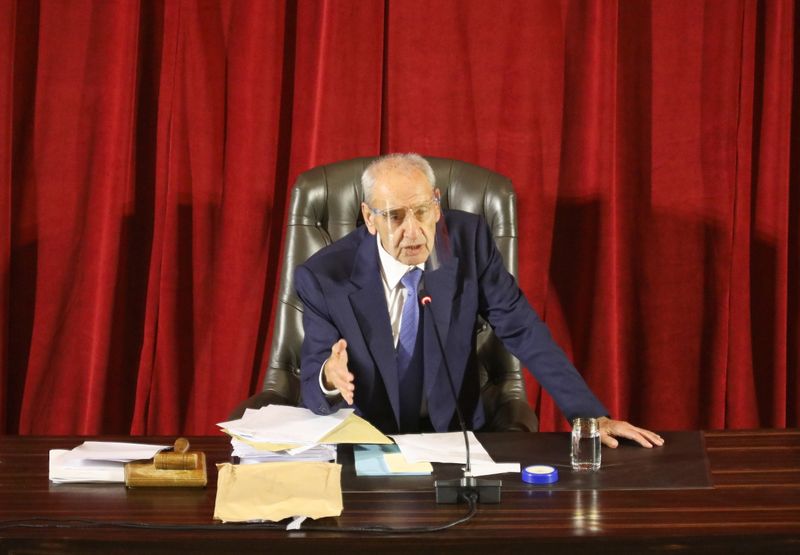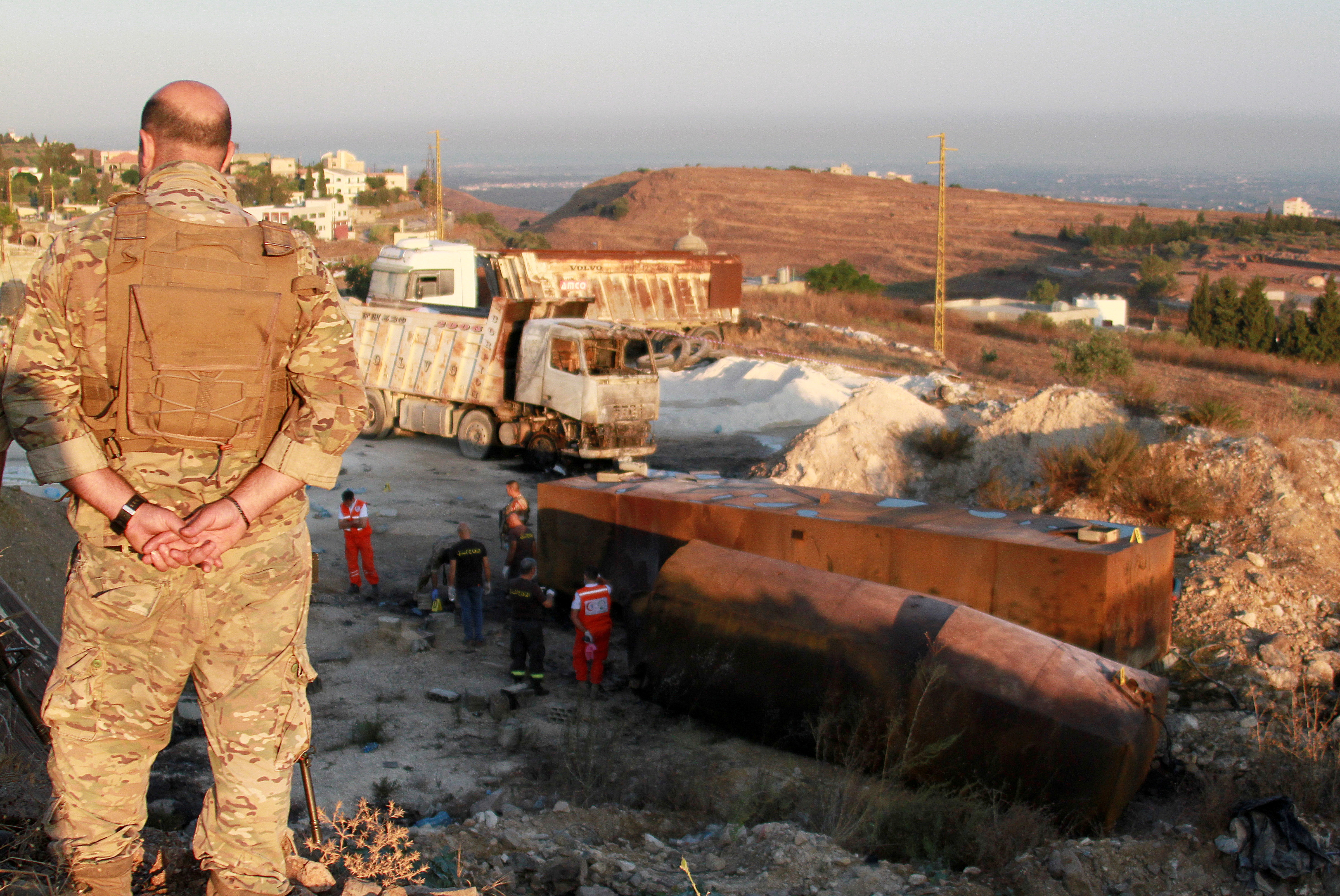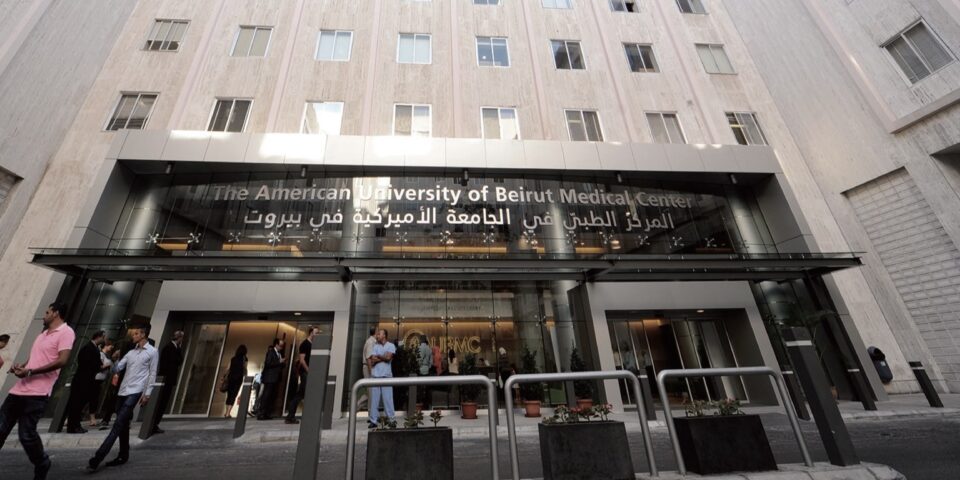
BEIRUT (Reuters) – An Iranian fuel shipment arranged by Hezbollah for Lebanon will set sail on Thursday, the Shi’ite group said, cautioning its U.S. and Israeli foes against any moves to halt the consignment that it said aimed to ease an acute fuel crisis. Hezbollah’s opponents in Lebanon warned the move could have dire consequences. Sunni politician Saad al-Hariri, a former prime minister, said it risked sanctions being imposed on a country whose economy has been in meltdown for nearly two years. Israeli military spokesman Lieutenant Colonel Amnon Shefler declined to comment on whether Israel would take any military action to stop the shipment, but called it part of an Iranian scheme to export its revolution and promote its proxies. The arrival of the Iranian fuel oil would mark a new phase in the financial crisis which the Lebanese state and its ruling factions, including Hezbollah, have failed to tackle even as fuel has run dry and shortages have triggered deadly violence.
There was no comment from the Lebanese government on the announcement made by Hezbollah leader Sayyed Hassan Nasrallah, whose heavily armed group is Lebanon’s most powerful faction. The U.S. ambassador to Lebanon, Dorothy Shea, told Al Arabiya English that Lebanon didn’t need Iranian tankers, citing “a whole bunch” of fuel ships off the coast waiting to unload. The United States was in talks with Egypt and Jordan to help find solutions to Lebanon’s fuel and energy needs, she said, speaking hours after Hezbollah’s announcement. Marking the biggest threat to Lebanon’s stability since the 1975-90 civil war, the financial crisis has hit a crunch point, with








